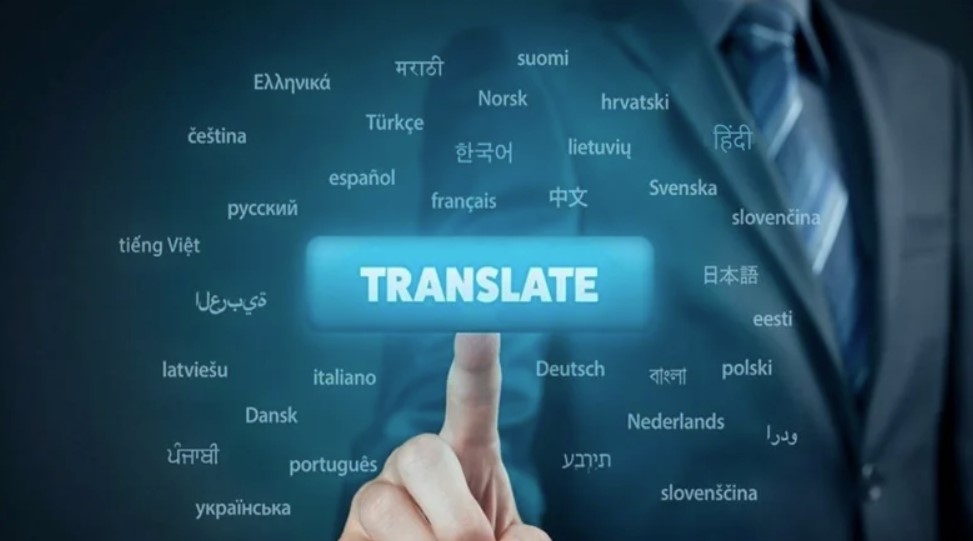
Translation services are crucial for several reasons, especially in a world that’s increasingly interconnected. Here are some key points that explain their importance:
1. Global Communication
- Cross-cultural connection: Translation breaks down language barriers, enabling people from different linguistic and cultural backgrounds to communicate. This is essential in everything from business negotiations to personal connections.
- Access to information: It allows individuals to access knowledge, research, entertainment, and news that might otherwise be unavailable in their native language.
2. Business Expansion
- Global market reach: Companies that want to operate internationally need translation services to localize their websites, marketing materials, and customer support. This helps them tap into new markets and cater to diverse customer bases.
- Legal and regulatory compliance: In many regions, businesses must have official documents, contracts, and agreements translated to meet local legal requirements. This helps companies avoid misunderstandings and legal disputes.
3. Cultural Sensitivity
- Contextual understanding: Translation services don’t just translate words; they convey cultural nuances, idiomatic expressions, and context. This ensures that the meaning is preserved, which can help avoid embarrassing or costly mistakes.
- Respect for diversity: By offering content in different languages, businesses, institutions, or organizations show respect for cultural diversity and inclusivity, which is increasingly valued by customers.
4. Education & Research
- Access to knowledge: Scholars and researchers often translate academic articles, books, and papers so that ideas, findings, and innovations can be shared across linguistic borders. This accelerates global scientific progress and the exchange of knowledge.
- Multilingual education: Translation helps make learning materials available in multiple languages, improving education access and helping students learn in their native or preferred language.
5. Healthcare and Safety
- Accurate medical communication: In healthcare settings, accurate translation is essential for patient care, ensuring that medical instructions, prescriptions, and health conditions are communicated clearly to people who speak different languages.
- Emergency response: During international crises or emergencies, translation services can be vital for coordinating efforts, delivering aid, and communicating safety instructions to diverse populations.
6. Legal and Immigration Services
- Legal protection: Translating legal documents ensures that people can understand contracts, agreements, and rights, preventing misunderstandings that could result in legal trouble.
- Immigration procedures: Translation services are also critical for immigrants who need help with visas, asylum applications, or navigating government services in a new country.
7. Technology & Software Localization
- Tech product adoption: Software, apps, and websites often undergo localization (a form of translation) to suit the needs of users in different regions. This can include translating user interfaces, error messages, and instructions to make the product feel native to users in any country.
- Improved user experience: Offering products and services in multiple languages improves user satisfaction and makes technology more accessible.
In summary, translation services foster understanding, expand global reach, support compliance and education, enhance communication, and promote safety and equality. They’re critical in navigating the complexities of a multilingual, multicultural world.

